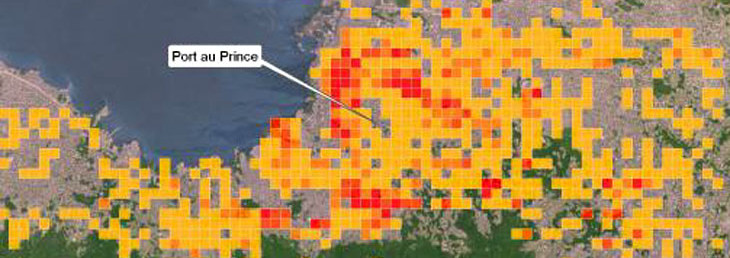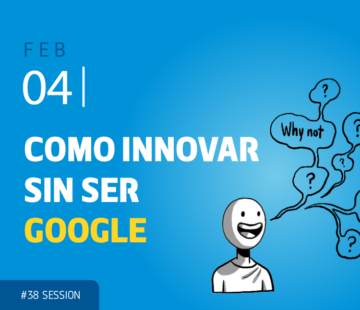Data philanthropy: When Big Brother turns out to be a nice guy

As it was pointed out in our last post, data can be also an important asset to be shared in collaborative and co-innovation projects. Organizations using big data as a strategic and competitive advantage can gain more and better intelligence by managing their data collaboratively. Companies sharing data could potentially accelerate project schedules, improve project quality and increase profitability.
Socialization of data can also bring societal benefits. This is a key idea in the basis of movements as Open Data. But Open Data projects are systematically linked only and by default with public organizations and government initiatives. Data philanthropy describes a form of collaboration in which private companies and businesses share their proprietary data for the communal good.
Not a completely new idea, the notion seems to be gaining momentum lately. In a recent TED Talk, data activist Mallory Soldner reminded to private sector companies that they might donate more than just money to help solve humanitarian issues, something she considers it could even be more useful: their data.
Mallory provides some examples. For instance, a major telecom operating in Senegal and the Ivory Coast that opened up their data so researchers could look the patterns of people traveling by looking at the pings to the cell phone towers. This knowledge turned out to be crucial in order to tell where and how malaria might spread and make quick insightful predictions in case of an outbreak.
More cases
As the use of mobile phones and other digital services explode across the developing world, the potential to analyze the data generated this way grows equally with important implications for the way international relief and development is implemented. Many cases and research confirm this huge potential. For instance, researchers from Sweden’s Karolinska Institute and Columbia University have used data from Digicel, Haiti’s largest cell phone provider, to determine the movement of displaced populations after the earthquake, aiding the distribution of resources.
Another research team showed that mining anonymized Yahoo! email messages provided a detailed view of international migration rates. Usually, estimates of demographic flows are in most countries outdated, inconsistent or even inexistent. Their findings suggested that e-mail data may complement existing migration data, resolve inconsistencies arising from different definitions of migration, and provide new and rich information on mobility patterns and social networks of migrants.
The philanthropic sharing of data might be especially useful in developing countries, but some other cases demonstrate its usefulness in developed economies too: A Telefónica team showed that calling patterns can be used to identify the socioeconomic level of a population, which in turn may be used to infer its access to housing, education, healthcare, and basic services such as water and electricity, and MIT researchers have found evidence that changes in mobile phone calling patterns can be used to detect flu outbreaks.
Business sense
But writing about philanthropy in Christmas time is just an unintentional coincidence. In Co-Society we have always promote the idea that collaboration projects in the business world do not have to necessarily respond to altruistic reasons. At the contrary, they will have more chances to be successful if backed by good business sense. The same idea could be applied to the concept of philanthropic data understood as something more than the future of corporate social responsibility.
Most advocates usually focus this business sense in the idea that the wellbeing of the people conforming a potential market becomes the wellbeing of the market itself. But there is also another collateral benefit that could be applied to more developed economies, where Big Data could increasingly gain bad reputation and social backlash. As worries about privacy issues and the idea that “Big Brother is watching us to sell us more stuff” gains ground in the collective imaginary is perhaps up to the data philanthropy to show us that Big Brother does not have to be necessarily evil and can be a nice guy too.
Your company’s data could help end world hunger
